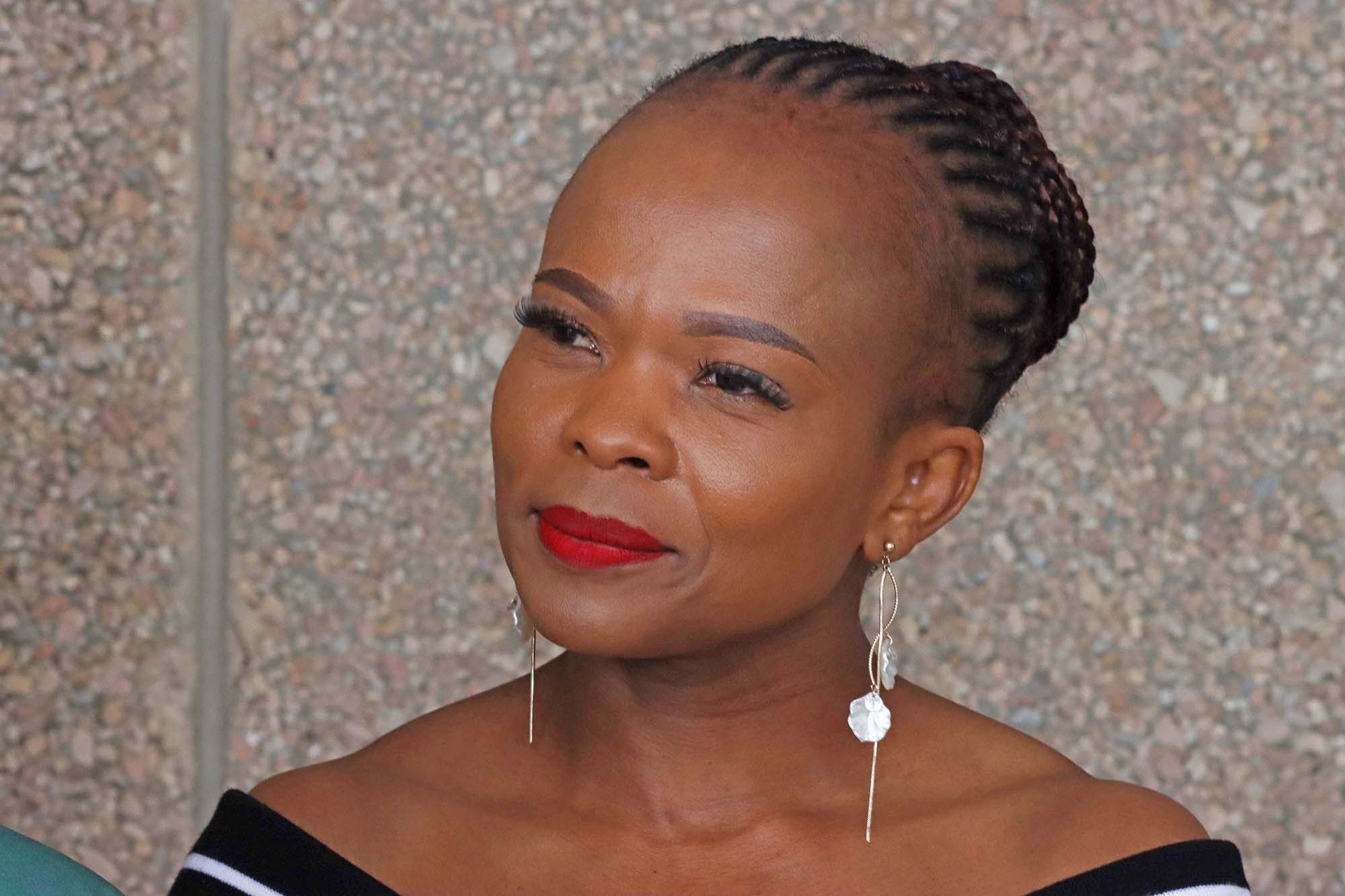Moorosi Tsiane
A TOP lawyer has urged Director of Public Prosecutions (DPP), Hlalefang Motinyane, to improve her office’s competences in handling criminal cases to ensure justice for victims of crime.
This follows a number of Court of Appeal judgments last week that exposed shortcomings in her office’s handling of cases.
Top lawyer and former Deputy Prime Minister, Advocate Kelebone Maope KC, emphasised the need for the DPP Motinyane to improve case management abilities to ensure justice for victims. His comments follow the court rulings, which overturned high-profile convictions and highlighted procedural flaws within the DPP’s prosecution’s efforts.
Advocate Maope particularly reflected on the Court of Appeal’s judgment which upheld a High Court decision acquitting business mogul Tšeliso Nthane of murder.
Mr Nthane had been accused of the 2019 shooting of his truck driver, Kopang Mohapi. Court of Appeal Judge, Petrus Damaseb, affirmed that the Crown had not proven its case, and therefore, the High Court’s acquittal was upheld.
Further complicating matters for the DPP’s office, the Court of Appeal also overturned the conviction of former Social Development Director of Disability, Retšelisitsoe Thoahlane, and his son Tumelo. The two had been sentenced to 15 years in prison for the rape of an 11-year-old girl. The Court ruled that the Children’s Court, which had handed down the sentence, lacked jurisdiction over rape cases, and Chief Justice Sakoane Sakoane ordered their release.
Adv Maope argued that while DPP Motinyane was not responsible for investigating cases, her role included ensuring that cases were court-ready with the necessary witnesses and evidence. He stressed the importance of thorough case preparation to avoid procedural errors, as illustrated in the Thoahlanes’ case.
He also expressed concern over the weak evidence presented in Mr Nthane’s trial, suggesting that the prosecution should have requested a site inspection or inquest to better understand the circumstances surrounding Mr Mohapi’s death.
“I know that the DPP’s work is not easy, as you handle many complex cases,” said Adv Maope.
“But if those in charge fail to present adequate evidence or follow correct procedures, we risk seeing more cases where people walk free because of prosecutorial errors.”
He further noted that effective case handling required collaboration between the DPP’s office and the police, which he felt was lacking in the Nthane case.
“In this matter, it appears that the Crown and police were working in silos, which led to weak evidence being presented in court.”
While Adv Maope’s criticism was pointed, he also acknowledged that some of the challenges extend beyond the DPP’s office. He highlighted the need for government support and police efficiency, cautioning that without these, the public might begin to lose faith in the justice system.
On the other hand, Adv Matšaseng Ralekoala, a University of Limerick assistant lecturer and PhD candidate in Global Peace and Security, offered a more sympathetic view. Adv Ralekoala argued that the DPP’s office should not bear the sole responsibility for prosecutorial missteps. Instead, he pointed to outdated laws and systemic challenges within the judiciary.
“In all jurisdictions, the DPP will have both wins and losses. It’s not fair to judge the office solely on conviction rates, as case facts may not always favour the state,” he said. He further explained that many issues stem from outdated laws that hinder magistrates, who handle a substantial portion of criminal cases. “In all the jurisdictions there are cases that a DPP will win, there are some that they will not win. It is not fair to judge the office of the DPP on the conviction rate. In the same way, it is difficult to judge a lawyer by whether they win cases or lose them. The same problems that you see today have always been there, not because there are signs of incompetence but at times facts will not be on the side of the state. The problems are too complex and to attribute that problem to a single office would be very unfair.
“The problem lies with the entire judicial system. Our laws are outdated. Magistrates are hamstrung by weak laws which is where the greater bunch of criminal cases are dealt at,” said Adv Ralekoala.
Adv Ralekoala also said for the judiciary to function effectively, it required political will, adequate funding, and comprehensive legislative reform.
“Although the judiciary is independent, it relies on the executive for budgets, resources, and proper training for police and prosecutors. In cases where her office issues directives that falter, DPP Motinyane will bear the blame. However, some issues also stem from the police’s sometimes poor investigations.”
DPP Motinyane is currently battling against Prime Minister Sam Matekane’s intention to remove her from office for “incompetence”.
She filed a Constitutional Court application in August 2024, seeking to prevent her removal. This after she was served with a show-cause letter by Mr Matekane, demanding an explanation as to why an impeachment tribunal should not be convened to investigate her fitness for office.
DPP Motinyane has claimed she is being targeted for defending the independence of her office, after refusing directives to drop treason and murder charges against Health Minister Selibe Mochoboroane and Lesotho Congress for Democracy (LCD) leader Mothetjoa Metsing—both political allies of Prime Minister Matekane.
Attorney General Rapelang Motsieloa did not deny this, but instead said the Deputy Prime Minister had merely “suggested” to the DPP to drop charges against Messrs Metsing and Mochoboroane. She had not issued an “order” for that to be done, he said.
Unless the DPP improves on her office’s competencies in handling cases and actually sustains convictions, she is seen giving ammunition to those who want to see ousted from office.

